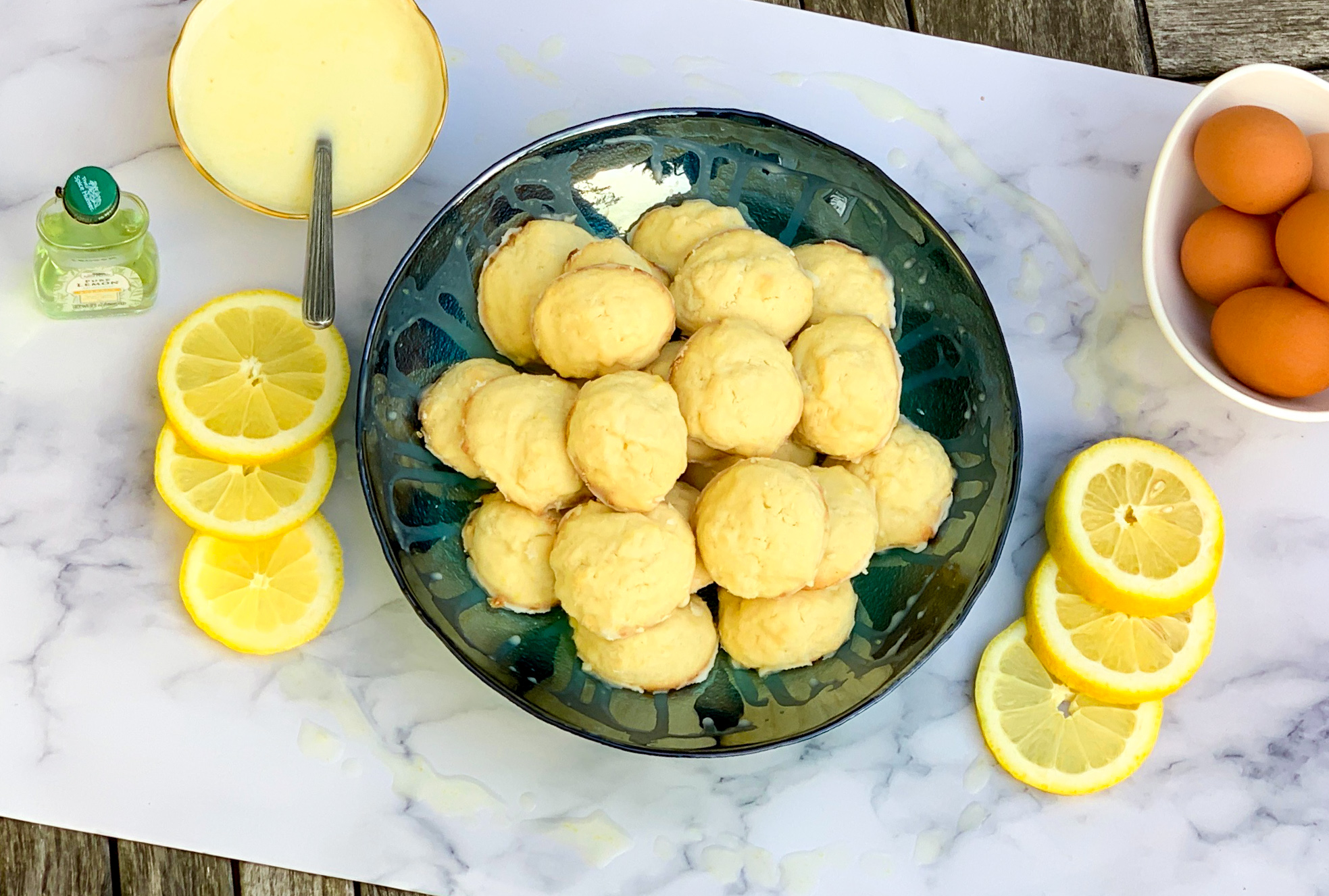
How many of us have been making cookies for, like, forever? I have! Now how many of us have made perfect batches every time? Well, that’s not me, and I doubt it’s you either. While you may suspect that it’s bad kitchen juju that messes you up (even though you follow the directions to the letter), according to All Recipes, there are more legitimate reasons.
If your cookies are not baking evenly, you are trusting your oven too much. All ovens have cold and hot spots– even yours. This will cause some of your cookies to come out perfectly, and others to burn. The simple solution is to rotate your cookies halfway through the cooking process to expose them to different temperatures. The complicated solution is to get a new oven.
If you cook like me, you use eggs straight out of the refrigerator. Even if the directions do not tell you to use room-temperature eggs, you should. Cold eggs prevent the dough from aerating properly, so you won’t have air pockets to improve the texture of your cookies. If you don’t have time to allow your eggs to reach room temperature naturally, you can place them in a bowl of warm water for several minutes.
Learn to measure your flour correctly. The ole “scoop straight out of the bag” method could actually be packing way too much flour into your measuring cup. Instead, use the “spoon and level” method by spooning flour into a measuring cup and scraping off the excess with the flat side of a knife or straight edge.
You soften your butter too much or too little. Nuking the butter in the microwave can make the butter more liquid than soft. The best way to get perfectly softened butter is to let it sit out at room temperature for about 15 minutes. It should give a little when you press down on it, but it shouldn’t break, crack, or lose its shape.
You are using stale baking powder or baking soda. I’m fairly certain that the vast majority of you are guilty of this. Baking powder and baking soda act as leavening agents and give baked goods their rise. With time, they will become less and less potent, and using stale baking powder or soda will give you dense dough. A good rule of thumb is to switch out opened containers after six months, or check the expiration date before you use them.
You should chill the dough. This will get you cookies that are perfectly crisp on the outside and soft and gooey on the inside. Chilling cookie dough in plastic wrap for up to 24 hours in the fridge allows the ingredients to mingle. It also keeps your dough from spreading in the oven.
Your dark baking sheet is causing your cookies to burn. I once had two turkeys in the oven cooking. One in a dark pan, the other in a lighter color pan. I noticed the one in the dark pan was cooking much faster, and the top was burning even though I had it covered. This is true with cookies as well. Dark baking sheets are going to make your cookies bake faster, as they absorb more heat than light ones. So, while you don’t have to replace your baking sheets altogether, you will need to adjust the temperature if you’re using a dark colored baking sheet. Try lowering the temperature by about 25 degrees, and reducing the cooking time by about four minutes.
Bake the cookies on the correct rack. Using the top rack of the oven (or placing your oven rack too close to the top or your oven) will result in burnt cookies. To get the most even bake, use the middle rack. This is where air is circulating, and heat is most evenly distributed. If you have more than one pan baking at once, be sure to switch them halfway through.
You overgrease your cookie sheet. Unless a recipe specifically calls for you to grease your cookie sheet, don’t do it. A greased pan can cause cookies to spread out even more, resulting in hard, thin cookies and shapeless blobs. Instead of greasing your cookie sheet, line the baking sheet with parchment paper for easy cleanup.
Now that we have cleared that up, let’s make a perfect batch of cookies. These cookies have ingredients you probably have in your pantry, so there is no reason not to make them. The result: deliciously baked buttery cookies with a burst of lemon flavor in every bite. They are crispy on the outside and soft and gooey on the inside. These cookies are a wonderful treat for any meal. They are also splendid for breakfast, a fast snack, or afternoon pick-me-up. They are so easy to make you can make an extra batch and give it to your friends or relatives. You will make everyone happy with these delicious little treats.
This recipe is courtesy of Allrecipes and will make 28 of the most perfect cookies you’ve ever had.
Ingredients for Lemon Cake Pound Cookies:
¾ cup white sugar
⅔ cup salted sweet cream butter, softened
2 cups all-purpose flour
2 teaspoons baking powder
2 large eggs
2 teaspoons lemon extract
For the Glaze:
1 3/4 cups of confectioners’ sugar
1/4 cup of lemon juice
Zest of one lemon (or more!)
1 tsp of salted butter
Make the cookies:
Preheat oven to 400 degrees F (200 degrees C).
Cream sugar and butter together in a bowl using an electric mixer until light and fluffy.
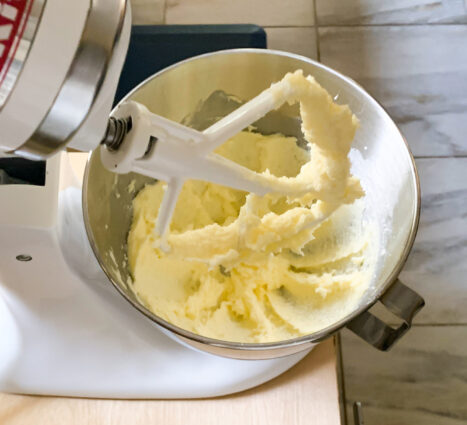
Whisk flour and baking powder together in a separate bowl.
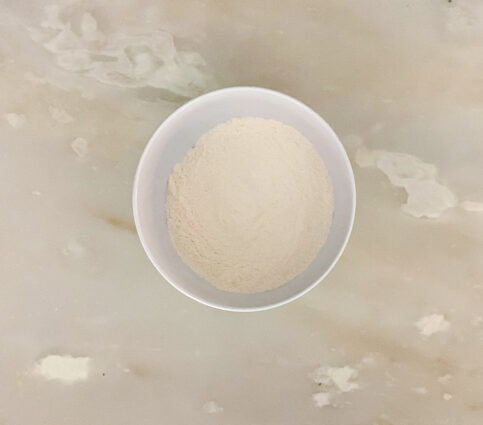
Gradually beat into creamed butter mixture until just combined.
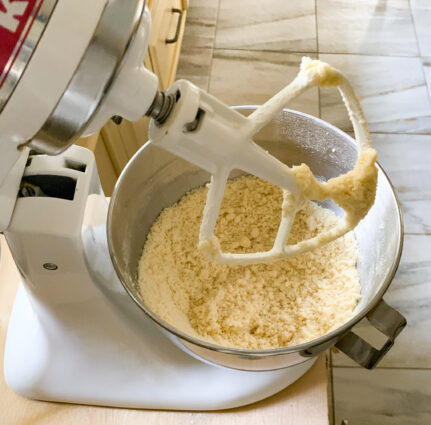
Beat eggs, 1 at a time, into butter-flour mixture until dough is thoroughly mixed; stir in lemon extract.
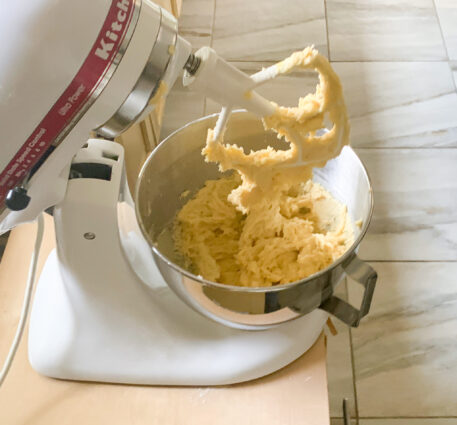
Drop small scoops of dough onto a baking sheet.
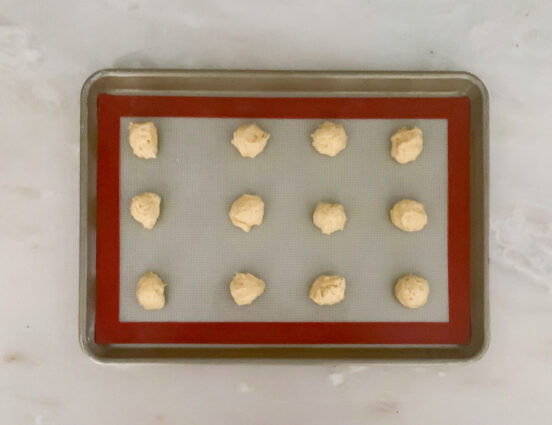
Bake in the preheated oven until cookies spring back when touched, 10 to 12 minutes.
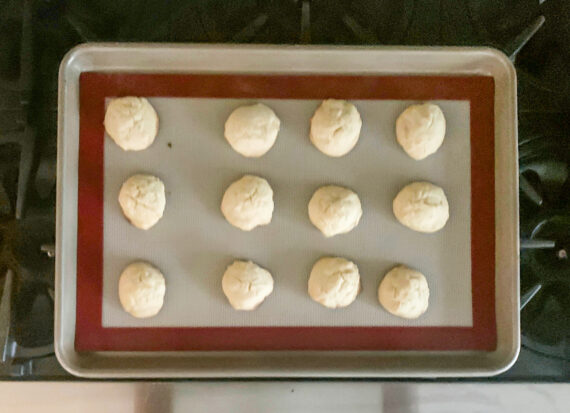
Make the Glaze:
In a large Pyrex measuring cup, the 4 cup capacity ones are the best, combine the sugar, lemon juice and lemon zest.

Mix to combine and drizzle over cookies.
It’s that simple!

